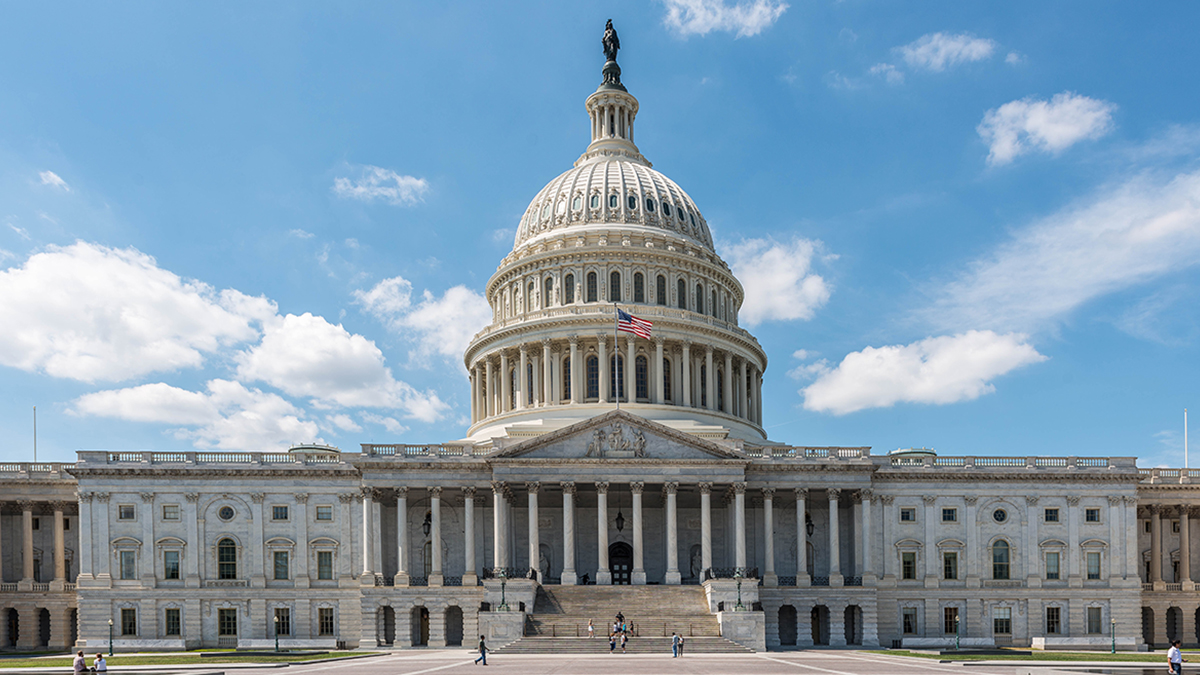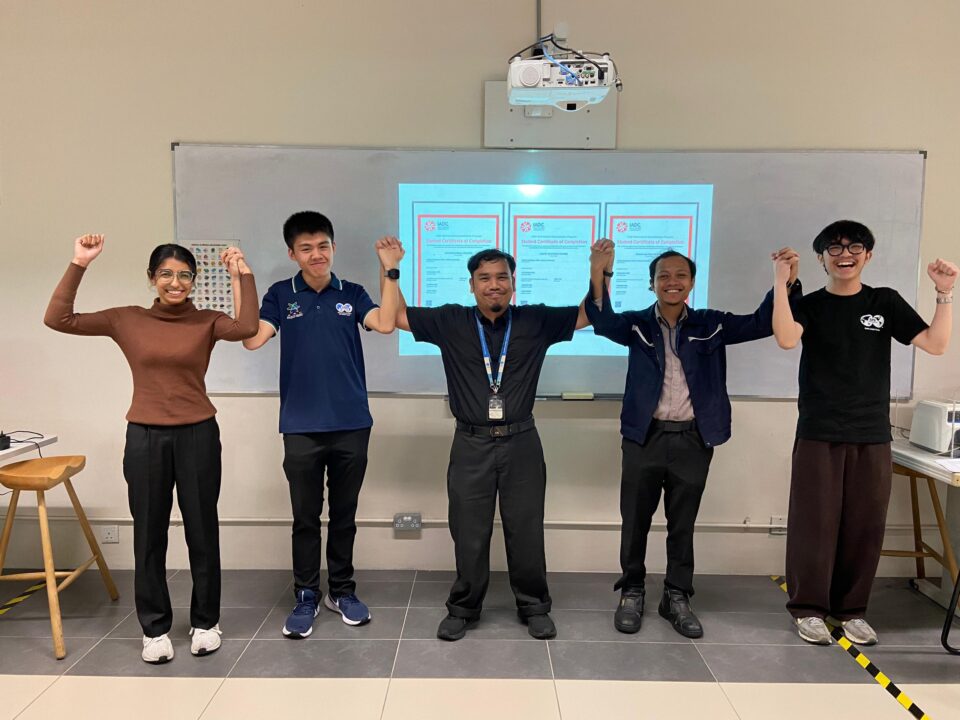U.S. Political Update
Matt Giacona, IADC, Director – Government & Industry Affairs
As we headed into September, Democrats were looking to capitalize on a surge in momentum moving toward a midterm election widely projected to swing Republican. Despite official election day being Tuesday, November 8, most states will have begun some form of early voting by October, meaning there is even less time than usual at this point in the cycle for candidates to impart their final messages on voters. Following a rough June and July for the Administration and Congressional Democrats, a decrease in gas prices coupled with the passage of the Inflation Reduction Act (IRA) have given the incumbent party badly needed relief.
Signed August 12 by President Biden, the IRA utilizes FY2022 reconciliation instructions to implement a wide range of revenue raising and spending measures, totaling about $750 billion. Specifically, the law creates $437 billion in spending to achieve an estimated $737 billion in revenue. This law, on paper, would thus create a net $300 billion deficit reduction. The provisions center largely on energy, healthcare, and tax changes. Of concern to the upstream energy industry are large funding streams for critical minerals and carbon sequestration, new tax provisions, leasing additions, and rate hikes for a wide range of upstream-related fees.
Passage of the bill has muddied the waters a bit in respect to offshore drilling. While BOEM’s 5-year plan, released in July, leaves great uncertainty as to whether any leases will be held going forward, the IRA reimplements Sale 257, and calls for sales 258, 259, and 261. Whether or not the law lives up to its potential as a tool to lower inflation is hotly contested, but its effects have been estimated to be modest at best in that regard. As part of a final agreement with Senator Joe Manchin (D-WV), Senate Majority Leader Chuck Schumer (D-NY) has reportedly agreed to pass a federal permitting reform bill later this year in exchange for Senator Manchin’s support for the IRA. Such a bill would aim to speed up permitting processes for all forms of energy, particularly wind and oil and gas, and put limits on court claims aiming to halt or delay energy projects and permitting decisions. With only about 8 days in session remaining on the House calendar until election day, questions remain as to how realistic passage of such a bill really is.
As the 117th Congress comes to a close, IADC’s advocacy efforts remained focused on advocating drillers’ positions on a variety of critical issues including proposed offshore crewing exemption changes, the UK’s proposed Pillar 2 Tax legislation, BOEM’s 2023-2028 5-year plan, the IRA, and draft energy legislation set for introduction in the 118th Congress. On the campaign side, DrillersPAC is nearing its $50,000 support goal for the 2022 cycle and will be ramping up spending in support of candidates who are aligned with industry’s policy goals in a myriad of close races around the country. To learn more about DrillersPAC or to get involved, please visit: https://iadc.org/government-industry-affairs/political-action-committee/





